This week the BBC interviewed the last of the Few. Group Captain John Hemingway, 104, is apparently the only remaining RAF pilot who fought in the Battle of Britain. This brings home how long ago the second world war was. The year the war broke out, 1939, is closer to the battle of Gettysburg than today.
There is a tangible sense in modern Britain of something ancient and grand slipping away, to be replaced by something shinier, louder, and more comfortable, but also shallow and brittle
For people of my age, this chronological distance has sometimes been obscured by the war remaining, until quite recently, a powerful cultural presence in British life. When I was born in 1983, there were still tens of thousands of veterans of the conflict in the workforce, and a good number in public life (the Archbishop of Canterbury among them). The wave of anniversaries in the early nineties featured veterans who were in many cases still lively and engaging conversationalists. Classic war films were a staple of Sunday afternoons and Bank Holidays, in those far-off days before social media and streaming and the fragmentation of media. We watched them with our dads and re-enacted them in the playground.
But this cultural presence is noticeably diminishing, for various reasons related to the passage of time, technological change and demographics. I suspect very few small boys play ‘English versus Nazis’ anymore in the playground, as most of us did 30 years ago. Armstrong and Miller made great comedic hay out of the idea of wartime RAF pilots speaking like modern urban youth, but I don’t think the idea would make it into a BBC comedy now, just 15 years later, for the simple reason that most people watching in 2023 would not be familiar with the old films to which the sketch refers.
Soon the war will pass out of living memory altogether. Arguably it has already done so, for most cultural-social purposes. To remember the war at all, in even the most rudimentary way, you have to be well north of 80.
What, then, should commemorations of our war dead look like in 20 or 30 or 50 years’ time, when the terrible total wars of the twentieth century have passed into the history books?
It must be said that many aspects of Remembrance have become a little odd. There has been a distasteful commercialisation of the simple and democratic poppy. You can get sparkly poppies, headscarves, mugs, and key-rings. In 2015, Transport for London decked out some of their vehicles in poppy designs, and were offering a free meal-for-two to the person who shared the best picture of one. This feels like a mockery of its intended purpose, as a quiet personal gesture of solidarity and an encouragement to others to donate to the Royal British Legion.
Another aspect of this oddness is the increasing grandiosity of commemorative events. A few years back, a restored Dakota dropped hundreds of thousands of poppies over the White Cliffs of Dover. Sporting mascots dress as giant poppies. Then of course there is the excessive vigilance about whether people in the public eye are wearing one and whether they have the correct attitude to Our Brave Boys.
It’s not sentimentality per se, though sentimentality is part of it. Nor is it hyper-patriotism or militarism. It’s a kind of desperate reverence; an artificial and overwrought deference to any event, person or item linked to Remembrance. It seems to be more and more common, for example, to describe all military personnel as ‘heroes’, regardless of where they served, for how long and in what capacity, devaluing the very concept.
I have a partial explanation, namely that Remembrance is a form of safety blanket in a much-changed world, so we cling to it very tightly – perhaps too tightly, just as we might grow unhealthily attached to the possessions we rescued from a house fire that destroyed everything else we had.
The rituals and traditions that surround Remembrance are among the last remaining links to Old Britain. For a few days in the year, you can wallow in the country as it was. You can bask imaginatively in the long Edwardian summer and the heyday of Empire and dashing young men in Spitfires or naval uniforms. Watching the royals stand on the balcony of the Foreign Office while military bands play Nimrod and O God Our Help in Ages Past, you don’t have to think about TikTok and stakeholders and cancel culture and preferred pronouns.
There is a tangible sense in modern Britain of something ancient and grand slipping away, to be replaced by something shinier, louder, and more comfortable, but also shallow and brittle. People therefore cling to the forms of the old culture, however much those forms have been drained of actual substance. They intuit correctly that much of what was valuable, unique and formative in British culture has been destroyed, often beyond retrieval, and that their aspirations and attachments are publicly held in contempt by officialdom and cultural elites.
Naturally, they mourn. Is it too fanciful to think that the current overdone approach to Remembrance is a kind of over-compensation, in reaction to a widespread realisation that we are engaged in a vast collective forgetting?
Obviously we will always need ceremonies for military remembrance. But to return to the question of the future of Remembrance, such ceremonies are surely going to look very different in two or three decades’ time than they do today. Around 7,000 British service personnel have lost their lives on military operations in the 70 years since the second world war. That’s a tragically high figure. But nevertheless the number of people with a genuinely personal stake in Remembrance is declining significantly. While we do have tens of thousands of active service veterans, only a tiny proportion of families in contemporary Britain have experienced the loss of, or serious injury to, a family member in war. The armed forces are shrinking. All three branches have lost almost half their personnel strength since the end of the Cold War. Defence spending, which stood at nearly 5 per cent of GDP just before the Falklands war, has declined to about 2 per cent of GDP. We are not the martial nation that we were when Lutyens’ Cenotaph was dedicated on Thursday 11 November, 1920.
And we have changed in other ways. A gulf has opened up between us and our grandparents. Moral convictions and attitudes which were commonplace among the generations that fought the two world wars – about sex, religion, the family, the arts, and patriotism – are now regarded with a combination of bafflement, hostility and mockery. A demographic transformation is underway: one in six current British residents were born abroad, a proportion which is only likely to rise for the foreseeable future (in 1951, when my father was the age my daughter is now, it was fewer than one in 20).
Can explicitly Christian Remembrance services, which draw heavily on the culture, manners and traditions of a Britain that no longer exists, possibly survive as a widespread custom in the longer term?
Simply to entertain the thought feels like a kind of betrayal. My grandparents endured the London Blitz in that grim winter of 1940-41. I grew up reading Biggles and Commando comics and I sang traditional hymns in churches where union jacks and regimental colours stood proudly on the walls. In Sea Cadets I spent many hours standing proudly at war memorials on freezing November mornings. I am deeply attached to the old England. It is, however, a necessary reckoning.
Got something to add? Join the discussion and comment below.
Get 10 issues for just $10
Subscribe to The Spectator Australia today for the next 10 magazine issues, plus full online access, for just $10.

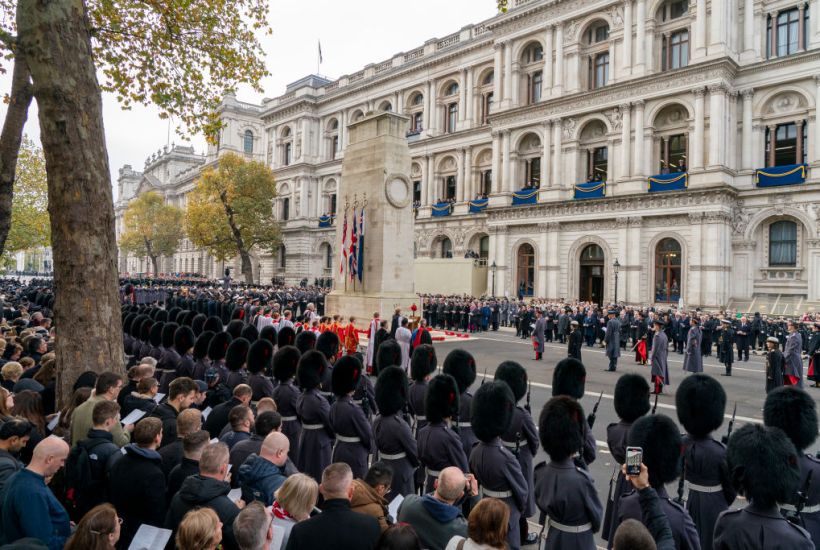

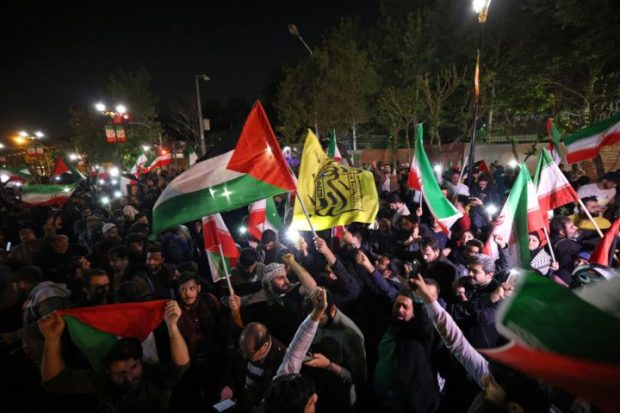
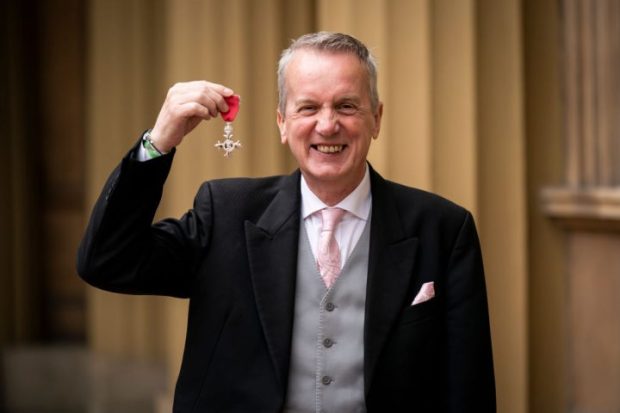
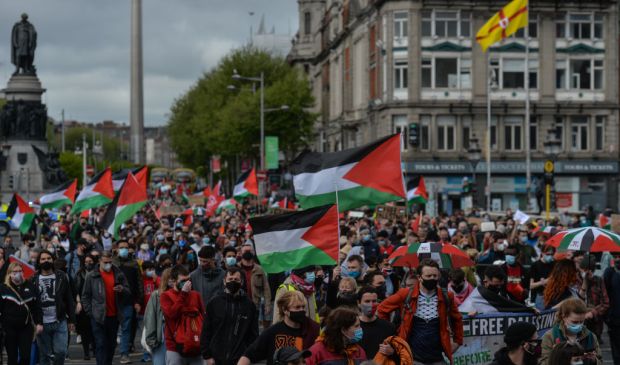
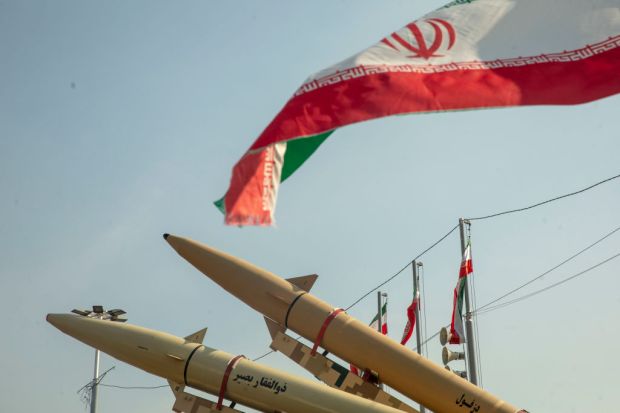
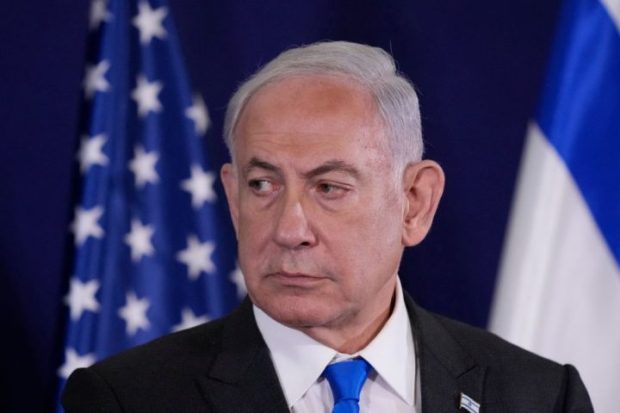












Comments
Don't miss out
Join the conversation with other Spectator Australia readers. Subscribe to leave a comment.
SUBSCRIBEAlready a subscriber? Log in